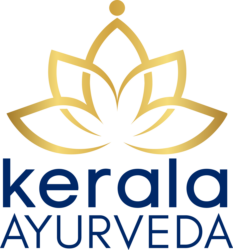Ayurvedic Health Counselor (AHC) Program
Courses > Ayurvedic Health Counselor (AHC)
Free Webinar
Program Overview - on demand
Learn everything you need to know about our beginner certifications, have your questions answered and meet our Enrollment Advisors.
Ignite the healer within and inspire others to live in harmony with nature and their true selves
All Online & Hybrid - 600-692 Hours - 1 year
Spring 2024 applications open
- Personalize your lifestyle for optimal health
- Enhance an existing healing modality or build a new one
- Guide others in their wellness journey
- Study the traditional teachings from the root ancient texts
- Learn with a global community of healers
- Explore the mind-body-spirit connection, Ayurvedic physiology, cooking, nutrition, seasonal principles, clinical assessment, Yoga and Panchakarma detoxification
Seasonal Special: $125 off tuition
Transferring from an equivalent program? Complete our Transfer App here »
Course Information
- Schedule: Spring 2024 session April 9, 2024 - April 7, 2025
- Estimated Time: 1 Year
- Hours: 600-692 Hours
- Format: All Online or Hybrid
- In Person Location: Milpitas, CA

The AAC Track (692 hours) of the Ayurvedic Health Counselor program is required to qualify to sit for the National Ayurvedic Medical Association Certification Board (NAMACB) certification exam as an Ayurvedic Health Counselor (AHC). The Ayurvedic Accreditation Commission (AAC) sets competency standards for professional Ayurvedic education. All Online & Hybrid students may transition to the AAC Track with additional in person training hours, at an additional cost. Learn more in our Format section.
Prerequisites
No former knowledge of Ayurveda is required to join this program – we begin with the fundamentals.
- A high school diploma or equivalent is required to join this program.
- Anatomy & Physiology is required for completion of the AHC program, though it’s not required to join. Click here to learn more >
The AHC programs is a beginner level certification with professional potential and is a prerequisite to our more advanced level II and III certification programs.
Scope of Practice
Upon graduation, Ayurvedic Health Counselors can:
- Determine and analyze a client’s unique mind-body constitution
- Conduct Ayurvedic lifestyle consultations
- Provide Ayurvedic guidance on daily routines, diet, Yoga and meditation
- Offer recommendations on special Ayurvedic therapies and herbal home remedies
For more detail, please see the complete Scope of Practice: Ayurvedic Health Counselor.
Professional possibilities
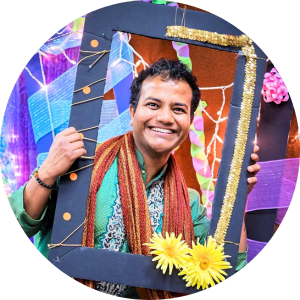

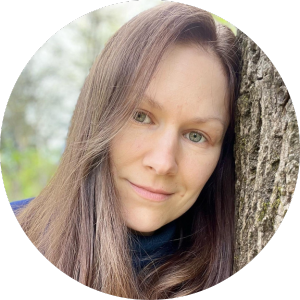

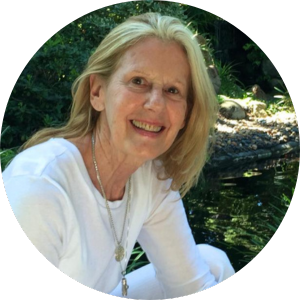

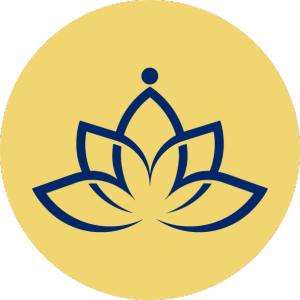



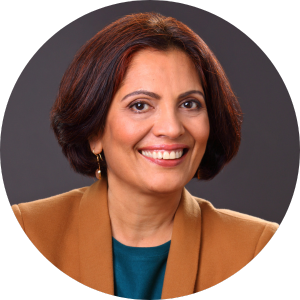

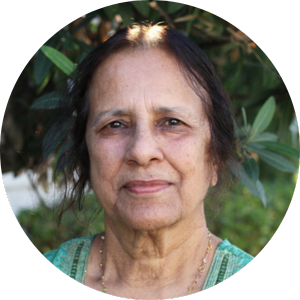





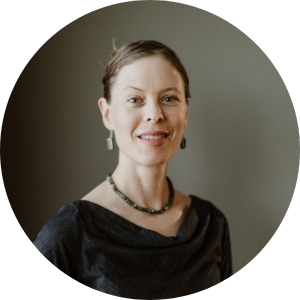

What can I do with my Ayurvedic Health Counselor certificate?
- Transform your wellbeing with profound self-understanding. You’ll gain knowledge that you can apply for a lifetime of greater wellness, success, and peace.
- Start a wellness counseling business or align with other wellness professionals to create an integrative practice.
- Teach workshops and run wellness programs based on Ayurvedic principles for health and wellbeing.
- Apply your knowledge to cultivate a niche for your existing career. Any career can be healing when you combine Ayurveda with it! Our graduates include chefs, graphic designers, fitness instructors, accountants, engineers, educators, interior designers, entrepreneurs, and many other walks of life.
- Licensed Healthcare Practitioners and healers from all backgrounds can apply their Ayurvedic knowledge to enhance their current practice. This is the perfect complement for Yoga Teachers & Therapists, Medical Health Professionals, Nurse Practitioners, Medical Doctors, Chiropractors, Nutritionists, Herbalists, Dieticians, Reiki Practitioners and more!
- Massage Therapists and Bodyworkers can expand their services offering Ayurvedic techniques and deepen potential results for their clients.
- Estheticians may enhance their treatments, services, and products to include an Ayurvedic approach as well as target the root cause of common skin and beauty concerns.
- Get creative! Artists, writers and creatives may publish articles and produce content for sharing Ayurvedic wisdom, practices and remedies.
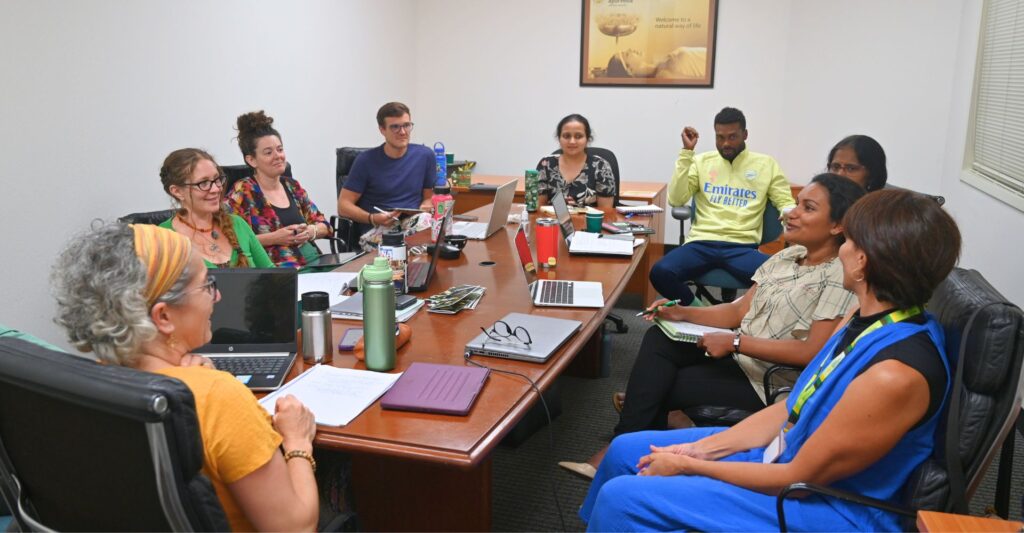

Schedule & Format
The Ayurvedic Health Counselor program is designed for maximum flexibility with an AAC-recognized format option. Your training includes online learning, evening and weekend class times, and live streaming technology. You’ll receive both theoretical and practical training, with a blend of live lectures, recorded lectures, clinical encounters and assignments.
General Format
1 year – 600-692 Hours
11 Weekend Intensives – in person or live streamed*
Two 5-Day Practical Immersions – in person or live streamed*
1-Day Clinical Practicum – in person or live streamed*
28 Tuesday Virtual Classes* – live streamed*
6 Monday Virtual Classes* – live streamed*
10 Group Mentoring Sessions – live streamed*
Online Recorded Lectures – elearning: self-paced*
Assignments – elearning: self-paced*
Optional AAC Track: Two 5-Day AHC Clinical Internships – in person
*Internet connection required
Format Options
All Online
600 hours
Weekend Intensives and Practical Immersions attended via live streaming
No AHC Clinical Internships
Not AAC-recognized
Hybrid
600 hours
Weekend Intensives and Practical Immersions attended in person or live streaming
No AHC Clinical Internships
Not AAC-recognized
AAC Track
692 hours
Weekend Intensives attended in person or live streaming
Practical Immersions attended in person
AHC Clinical Internships attended in person



The AAC Track of the Ayurvedic Health Counselor program is required to qualify to sit for the National Ayurvedic Medical Association Certification Board (NAMACB) certification exam as an Ayurvedic Health Counselor (AHC). The Ayurvedic Accreditation Commission (AAC) sets competency standards for professional Ayurvedic education. All Online & Hybrid students may transition to the AAC Track with additional in person training hours, at an additional cost.
Schedule
Spring 2024 program begins April 9, 2024
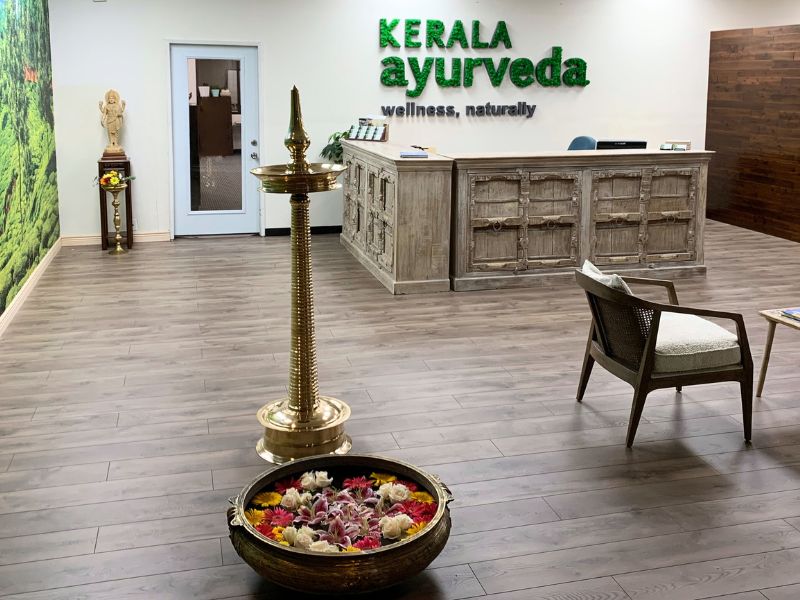

Our Academy & Wellness Center
In person classes are offered at our flagship U.S. Academy and Wellness Center located in the heart of Silicon Valley, nestled between the golden-green East Bay Hills, majestic Santa Cruz Mountains and beautiful San Francisco Bay.
The Kerala Ayurveda office is located on the second floor and includes a spacious classroom for lectures, conference room, consultation and Panchakarma rooms, Wellness lounge for our clients and Panchakarma kitchen/restrooms for treatment use. Our building offers additional conference and auditorium spaces.
Amenities include free wifi, tea and spring water station, break room and ample parking space. The center is located near several hotels, restaurants and shopping centers, with widely available ride sharing options. Nearby airports include: San Jose International (SJC), San Francisco International (SFO) and Oakland International (OAK). Our Student Support team can provide more information and local guidance for planning your visit.
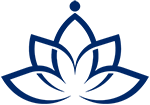


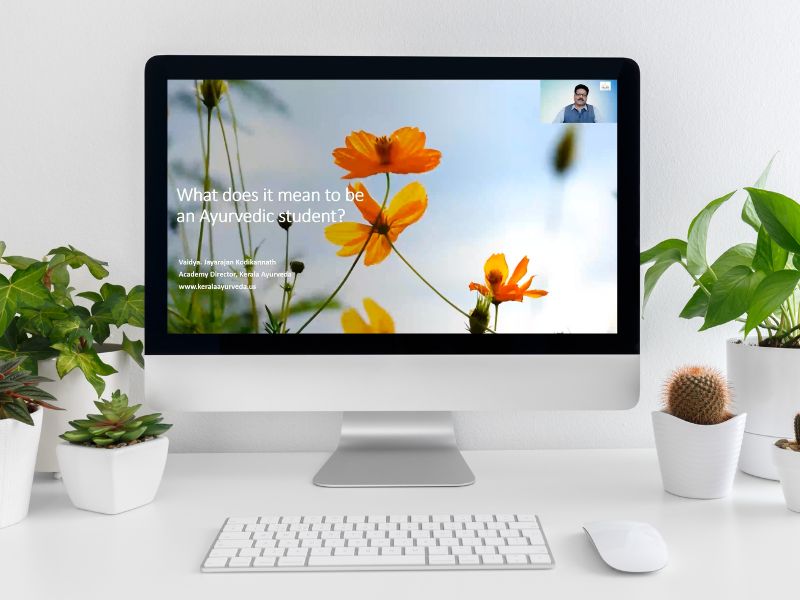

Live streaming technology
We introduced live streaming technology to our Ayurvedic education in 2015. Our classes are currently conducted using Zoom and provide students an opportunity to study live and interact with faculty. Zoom can be accessed on mobile, tablets, laptops and desktop devices. Class moderators support our larger class sessions to provide a smooth technical experience. All live streamed classes are recorded for later viewing in our elearning system.



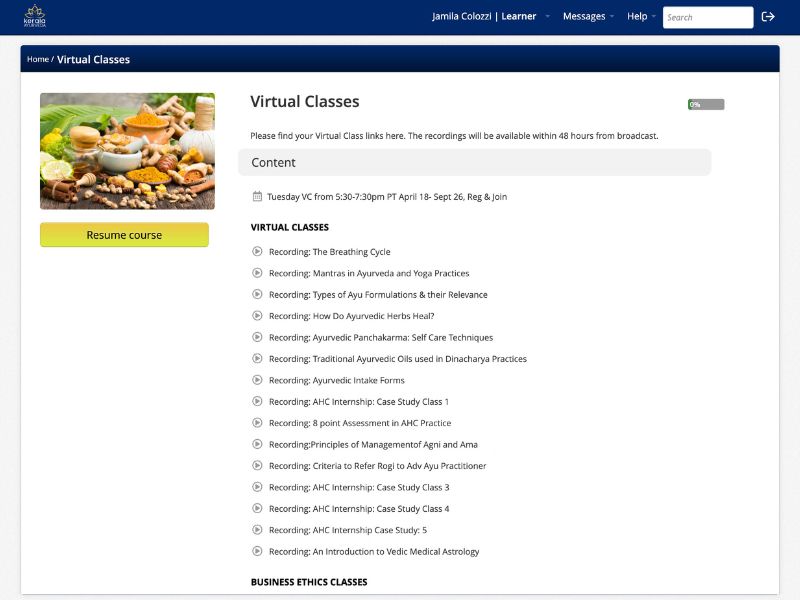

Elearning
Our courses are powered by a robust elearning system that connects our global community of students and faculty. The elearning portal is where students may access all of their course information, materials and curriculum, including: course syllabus, schedule, coursed manual PDFs, class slide decks, class notes and links to live streaming class sessions. The elearning portal is also where tests and assignments are conducted, and students may submit questions.
Curriculum
Kerala Ayurveda Academy specializes in providing a comprehensive curriculum that is taught by highly experienced Ayurvedic scholars and clinicians. The Ayurvedic Health Counselor program includes principles taught in Indian Ayurvedic universities, structured according to US competencies, and all based on the root texts of Ayurveda, the ancient Vedas.
Our AHC students begin their journey studying the foundational principles, history and philosophy of Ayurveda. The year-long course builds upon this foundation with deeper studies in Ayurvedic physiology, psychology, nutrition, seasonal practices, Yoga, Panchakarma detoxification and clinical techniques. Ayurvedic Health Counselors are encouraged to apply their knowledge for their own self-healing, and gradually expand to supporting family, friends, their community and clients. Their training includes a combination of live classes, recorded lectures, assignments, clinical encounters and hands-on clinical training.
For more information about the curriculum, please consult the course catalog.
Topics


The history of Ayurvedic science
Journey into the world of traditional Indian medicine, the oldest known documented healthcare system alive today. This profound indigenous wisdom is your new home. You are a torch bearer of a long and rich lineage.
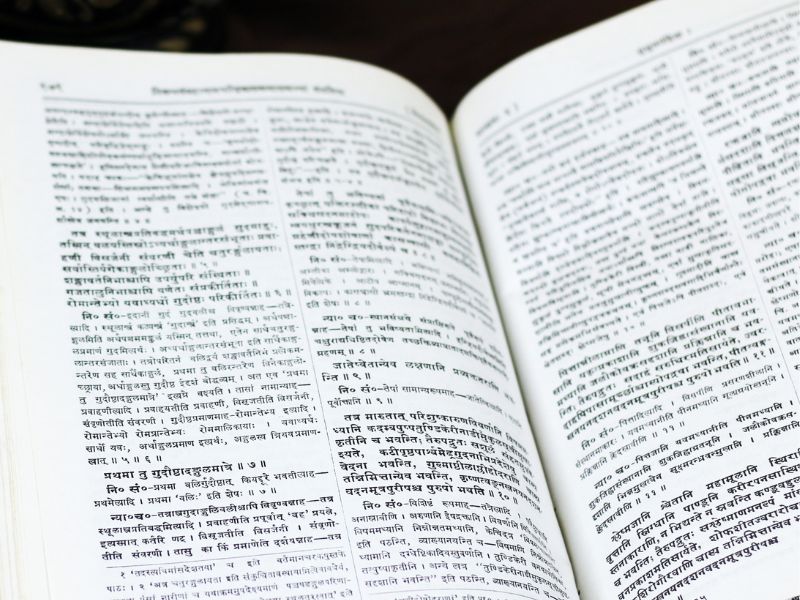

Core principles of Ayurveda
Build a foundation for holistic wisdom with Ayurveda’s building blocks including Sankhya philosophy, Ayurveda’s definition of health, the elements, Doshas and Ayurvedic constitution.


Ayurvedic Physiology and Psychology
Explore how Ayurvedic science connects the many layers of our existence and acknowledges our multifaceted consciousness. You’ll deepen your mind-body connection as you tune into the subtle energetics that greatly impact our health.
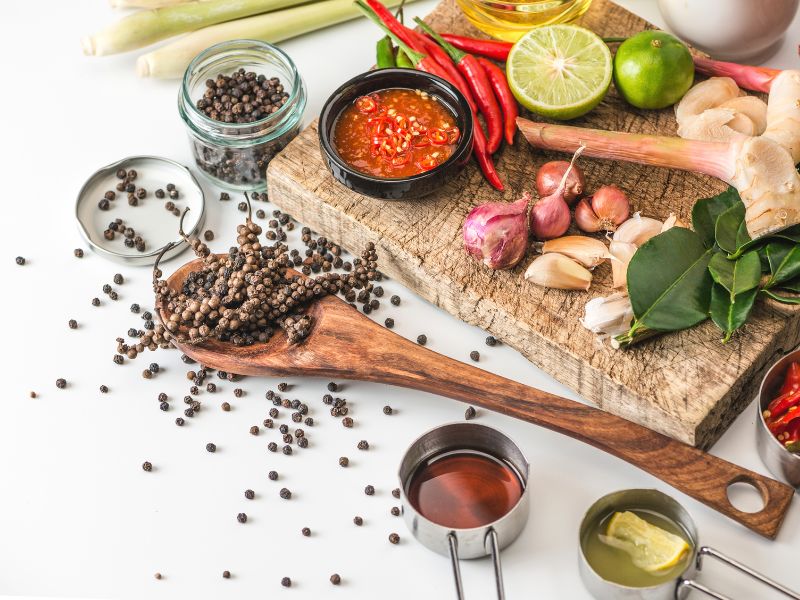

Cooking and Nutrition
No rules, just guidelines - Ayurveda can inspire everyone to adapt their eating habits for optimal wellness. You’ll learn about the mind-body-gut connection, best lifestyle practices for digestion, how to personalize a diet and work with healing spices. Recipes included!


Seasonal and Preventive Care
Ayurveda is inherently sustainable with applied seasonal care guided by its foundational principles of the elements and Doshas. Learn how to adapt your lifestyle and guide others to live more harmoniously within any ecosystem, season to season.


Yoga and the Mind
Yoga is Ayurveda’s sister science and provides complementary practices for wellness including the well-known poses, breathwork and meditation techniques. It also offers a roadmap for calming the mind, reducing stress and improving focus for living your best life.
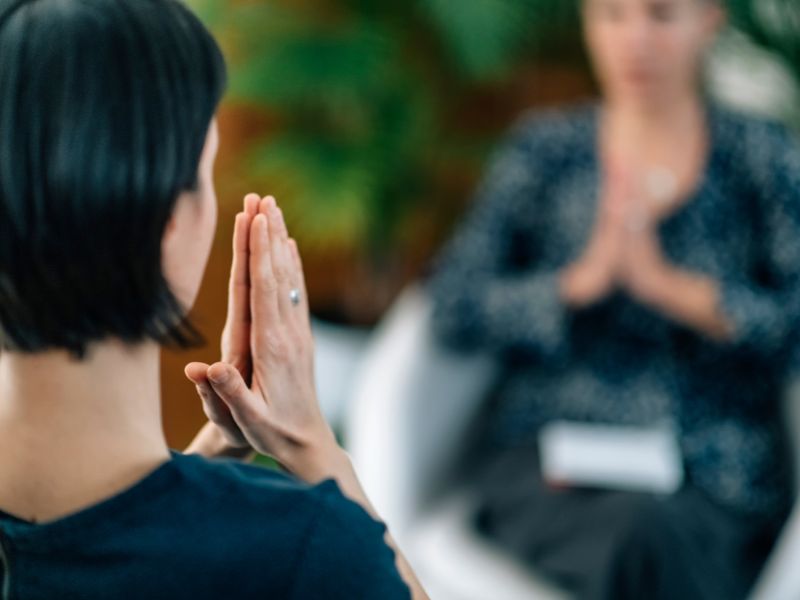

Ayurvedic Coaching
Once you start studying Ayurveda, we’re positive you’ll want to share it. Applying all you have learned, hands-on training will allow you to practice assessing and helping others to improve their lifestyles using Ayurvedic wisdom.
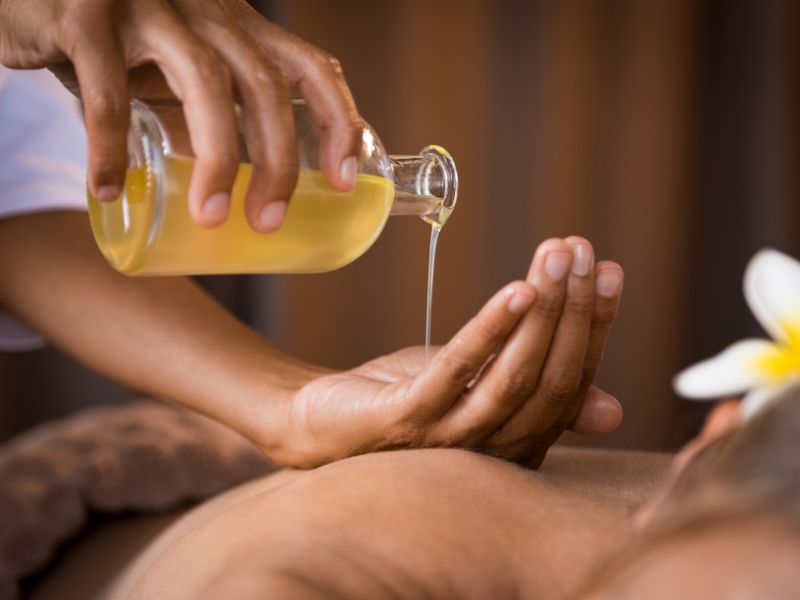

Panchakarma, Detoxification & Bodywork
Ayurveda’s hallmark detoxification system offers the deepest healing potential with custom healing diets, herbalized bodywork therapies, and Yoga. You’ll build a foundation for advanced Panchakarma knowledge, including which simple techniques you can recommend or practice, and when to refer clients to Panchakarma and advanced specialists.


Ayurvedic Counseling and Clinical Management
Ayurvedic principles of living are combined with clinical assessment techniques to build a client support toolkit. Lectures, clinical encounters and hands-on training will guide you in the art of Ayurvedic counseling. You’ll learn how to assess individuals, offer lifestyle guidance, and manage minor Dosha imbalances.
Need more information or ready to apply?
Faculty
Kerala Ayurveda Academy offers a premier faculty lineup including Ayurvedic doctors and practitioners with vast clinical expertise in both India and the U.S. They are accomplished researchers, educators and speakers, and are passionate supporters of spreading the wisdom of Ayurveda to health seekers and professionals in training.
For more information about our Faculty, please visit our Faculty page.
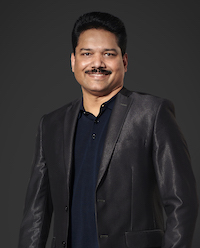

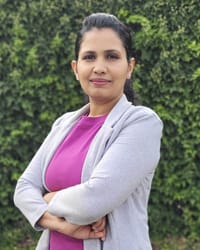

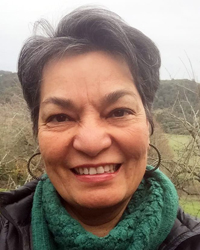

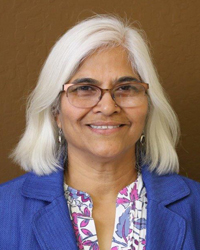

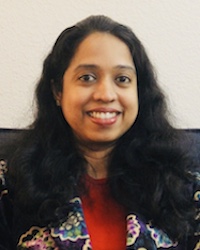

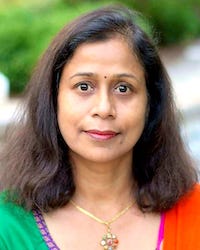



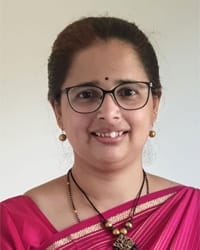

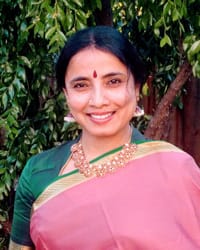

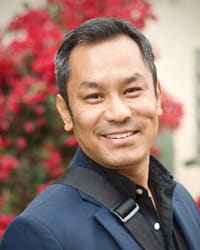

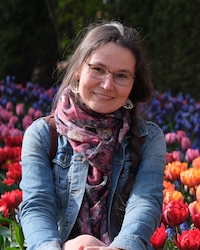

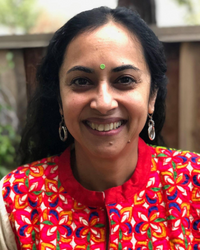

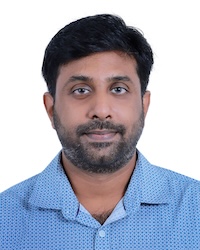

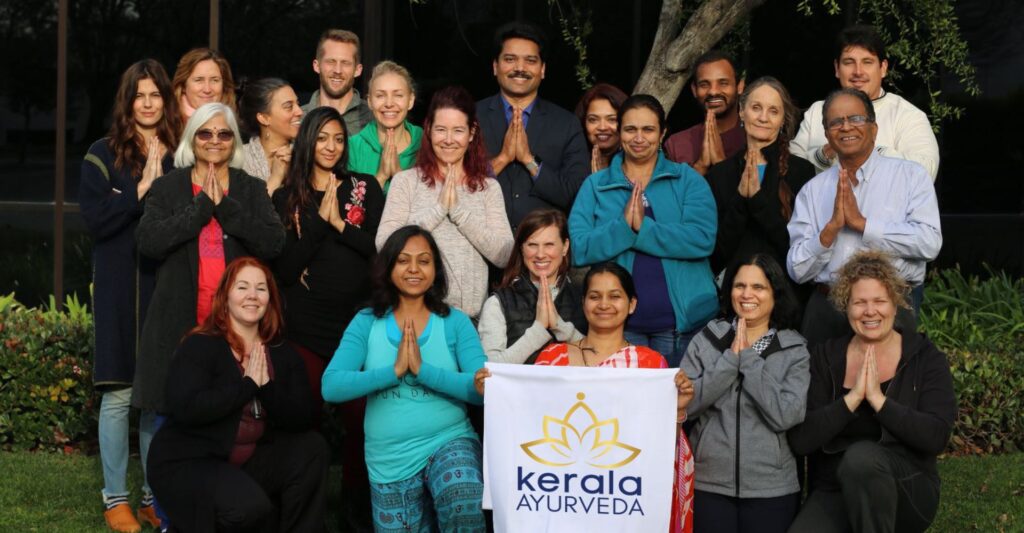

Our students are for life
Student & Alumni benefits
- MENTORING: Student Mentors available for enrolled students to support your learning journey. Our skilled mentors are trained and certified Ayurvedic practitioners who all love Ayurveda as much as they enjoy guiding others in learning it.
- COURSE SUPPORT: Our Student Support Services team is available anytime to assist with course administration, tuition management and planning your visits to our centers.
- EDUCATIONAL PLANNING: Enrollment Advisors on our Admissions team are available for 1-on-1 coaching to plan your Ayurvedic educational journey and support you in reaching your personal goals.
- ALUMNI DATABASE LISTING: Graduates are eligible to be listed in our online alumni database. Connect with your Ayurvedic peers and be part of a searchable database for health seekers to find Ayurvedic professionals!
- DISCOUNTS on Kerala Ayurveda courses, products and services.
Frequently Asked Questions
- The federal or state government or a loan guarantee agency may take action against the student, including applying any income tax refund to which the person is entitled to reduce the balance owed on the loan.
- The student may not be eligible for any other federal student financial aid at another institution or other government assistance until the loan is repaid.
- The level I Ayurvedic Health Counselor (AHC) program is 600-692 hours.
- AHC is a prerequisite for the level II Ayurvedic Practitioner (AP) program, which is 910 hours.
- AP is a prerequisite for the level III Ayurvedic Clinical Specialist (ACS) program, which is 2,500 hours.
- Holistic Ayurvedic Coach (HAC) offers All Online and Hybrid Tracks. HAC can be taken entirely online. In person attendance is optional.
- Ayurvedic Health Counselor (AHC) offers All Online, Hybrid and AAC Tracks.
- In person attendance is optional to complete the All Online and Hybrid Formats.
- The AAC Track is required to qualify to sit for the National Ayurvedic Medical Association Certification Board (NAMACB) certification exam as an Ayurvedic Health Counselor (AHC). The National Ayurvedic Medical Association (NAMA) sets competency standards for professional Ayurvedic education. All Online & Hybrid students may transition to the AAC Track with additional in person training hours, at an additional cost.
- Ayurvedic Practitioner and Ayurvedic Clinical Specialist (ACS) certification programs require partial in person attendance. They cannot be taken entirely online.
- For all of our Training Porgrams, students are required to possess a high school diploma or equivalent.
- Holistic Ayurvedic Coach (HAC) and Ayurvedic Health Counselor (AHC) certification programs: no licenses or certifications in any field are required.
- Ayurvedic Practitioner (AP) requires an Ayurvedic Health Counselor (AHC) certificate or equivalent.
- Ayurvedic Clinical Specialist (ACS) requires a Bachelor's Degree or equivalent.
- Ayurvedic Health Counselor (AHC), Ayurvedic Practitioner (AP), and Ayurvedic Clinical Specialist (ACS) all require Anatomy & Physiology as a corequisite. This means that the A&P requirement can be fulfilled during the course and must be completed prior to completion to meet the graduation requirements. Learn more about the Anatomy & Physiology requirements here.
